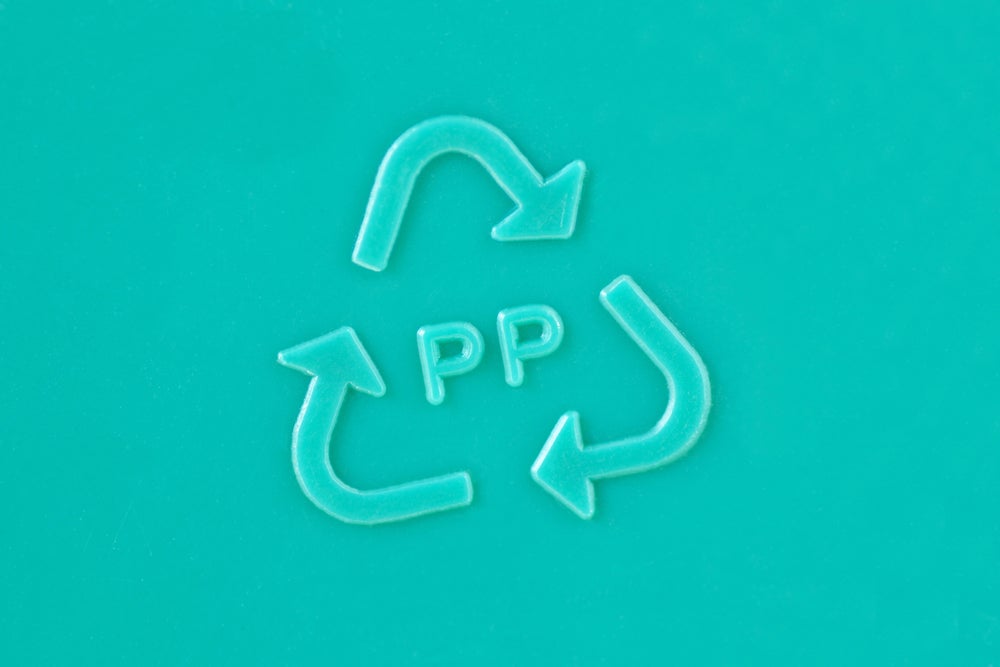
Biopolymer producer Braskem has been awarded a $600,000 Research, Demonstration and Development (RD&D) grant from the Reducing Embodied Energy and Decreasing Emissions (REMADE) Institute for its recycling process technology to extract pure polypropylene (PP) from PCR.
The RD&D project is focused on innovating a new recycling process technology to extract PP from PCR multilayer packaging waste that is currently hard to recycle.
This involves developing Solvent Targeted Recycling and Precipitation (STRAP) technology to extract pure resin from mixed polymers. It is intended that this solvent-based technology will be able to remove additives, ink, pigments and adhesives, ultimately producing a cleaner polypropylene.
It is a partnership between Braskem America, Michigan Technological University and the University of Wisconsin–Madison, all of which are providing additional foundational project funding.
Michigan Technological University professor Ezra Bar-Ziv explained that they “expect to use the [STRAP] system to analyse a wide range of feedstocks and de-risk STRAP technology.”
REMADE is a public-private partnership established by the US Department of Energy (DOE).
The DOE and REMADE selected 14 projects in October 2023 with a combined total of $9.8m in research and development funding.
Earlier this year, Braskem signed a joint venture with petrochemical company SCG Chemicals to create Braskem Siam Company and open a new ethylene plant in Thailand.
The company also hopes to expand its portfolio to include 300,000 tons of thermoplastic resins and chemicals with recycled content by 2025 and one million tons of such products by 2030.



